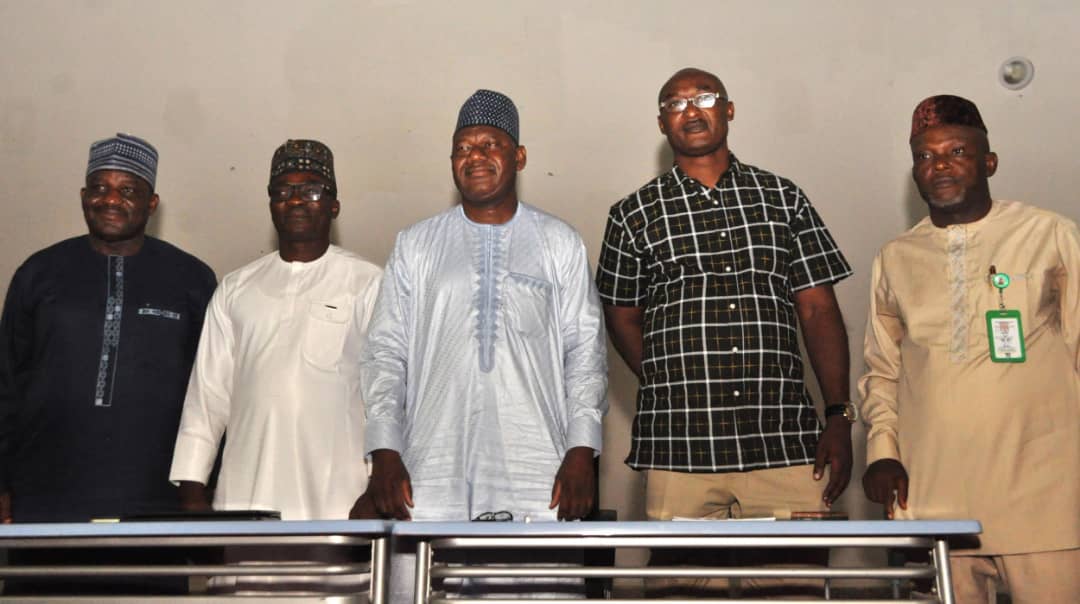Stakeholders Applaud NCAA for Championing Manpower Development Through LAAC Training in Zaria

The Nigeria Civil Aviation Authority (NCAA) has received resounding commendation from key stakeholders in the country’s aviation sector for its unwavering commitment to manpower development through comprehensive training initiatives.
This affirmation came as the NCAA emerged as the principal sponsor of the 2025 edition of the League of Airport and Aviation Correspondents (LAAC) training programme, currently ongoing at the prestigious Nigerian College of Aviation Technology (NCAT), Zaria, Kaduna State.
The five-day intensive programme, tagged LAAC-13 2025, is tailored for aviation reporters and editors across varying levels of expertise.
The course structure is divided into five distinct tiers—Basic, Advanced, Management, Senior Management, and Refresher courses—ensuring broad-based capacity building for all participating journalists.
Declaring the training open, the Rector and Chief Executive Officer of NCAT, Dr Danjuma Adamu Ismaila, lauded the NCAA for its continued sponsorship and strong support of media training initiatives within the sector.
He emphasised that the impact of such training would significantly enhance the competence and professionalism of aviation correspondents in reporting the intricacies of the industry.
In his remarks, LAAC Chairman, Mr Idris Suleiman, extended heartfelt appreciation to the Director General of the NCAA, Capt Chris Najomo, for his exemplary support in facilitating the return of the LAAC training to NCAT this year.
He further expressed gratitude to the NCAT leadership and several other aviation stakeholders for their consistent backing over the years.
Suleiman singled out agencies such as the Federal Airports Authority of Nigeria (FAAN), Nigerian Airspace Management Agency (NAMA), Nigerian Meteorological Agency (NiMet), and the Nigerian Safety Investigation Bureau (NSIB) for their contributions to the success of the annual training initiative.
He also acknowledged the steadfast commitment of the Nigerian Aviation Handling Company (NAHCO), whose continuous support he described as invaluable.
Highlighting the broader significance of the training, Mr Suleiman noted that the programme offers participants a platform to enhance their understanding, deepen professional ethics, and stay abreast of global aviation trends.
“The global aviation industry has in recent times witnessed fluctuations and undeniable changes in the level of patronage, expectations and realignments,” he observed.
“Airlines and regulatory authorities have had to reassess business strategies and policies. The economic headwinds are evident in aircraft fleet renewals, cancellation of orders, and shifting delivery timelines from manufacturers,” he added.
Turning to the domestic aviation landscape, Suleiman noted that despite the operational and environmental constraints faced by Nigerian airlines, the NCAA had issued several new Air Operators’ Certificates (AOCs) within the past year, with more currently in the pipeline.
He also referenced ongoing efforts by the Federal Ministry of Aviation and Aerospace Development to attract airport investments through concession arrangements.
“These developments underscore the urgent need for continued training and capacity building within the sector,” he asserted, adding that NCAT remains well-positioned to serve as a hub for such professional development efforts.
Mr Suleiman concluded with a patriotic appeal to all stakeholders and aviation authorities in Nigeria to remain steadfast in their commitment to the sector’s advancement, stressing that the time is ripe for Nigeria to consolidate gains and scale new heights in its aviation journey.







